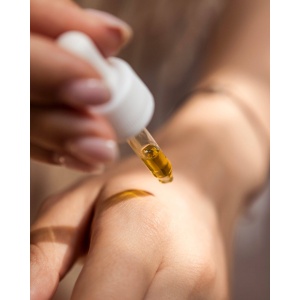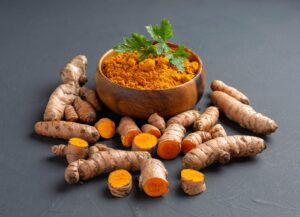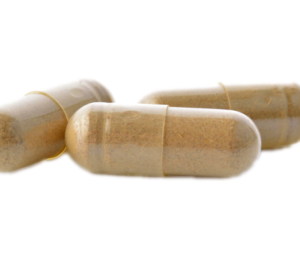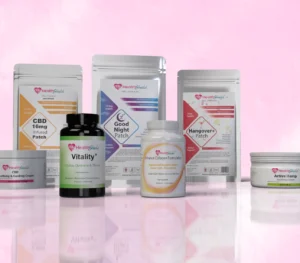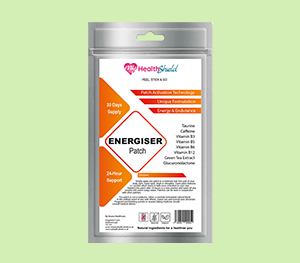What is Turmeric
While turmeric is a flavoursome spice that is nutritious to consume, it has also traditionally been used in Ayurvedic and Chinese medicine. This root, which is a cousin to ginger, is native to Southeast Asia and sometimes called “Indian Saffron” because of its beautiful golden colour. It also gives curry powder its yellow pigment.
Turmeric’s active compound, curcumin, has been extensively studied for its disease-fighting potential and preventive health benefits.
Benefits of Turmeric
Turmeric is a powerful weapon against inflammation.
Inflammation is a root cause of many health conditions like metabolic syndrome, heart disease, and even cancer. Inflammation has also been shown to play a role in cognitive decline. The effect of turmeric’s powerful anti-inflammatory properties offer a protective benefit.
- Turmeric eases joint pain.
The anti-inflammatory benefits of curcumin may help ease joint pain. Studies have actually shown promising results in the ability of turmeric and curcumin to manage pain and inflammation associated with arthritis.
- Turmeric effect on free radicals.
Turmeric has been shown to increase antioxidant capacity and help fight free-radical damage. This is especially good for the immune system, brain function, and what’s behind those anti-cancer claims. It’s also been shown to increase the body’s natural antioxidant capacity, boosting your defence system. Turmeric’s antioxidant properties also benefit our appearance too by protecting the skin from free-radical damage like environmental pollutants.
- Turmeric helps boost your immune system.
Curcumin’s anti-inflammatory, antioxidant, and antimicrobial properties make it a health-promoting powerhouse
- Turmeric can help treat and prevent cancer.
Turmeric and curcumin have been studied extensively for their role in cancer treatment and prevention of cancerous cells, with many promising findings in animal and human studies.
- Turmeric protects your heart.
Curcumin and turmeric have been shown to protect your heart in numerous ways like improving endothelial function and reducing inflammation and free-radical damage.





